Date created :

ADVERTISING
Verona (Italy)
Tens of thousands of people marched in the northern Italian city of Verona Saturday to protest a meeting of the anti-gay, anti-abortion US-based World Congress of Families.
But while Italy's far-right Interior Minister Matteo Salvini addressed the Congress Saturday, coalition partners the Five Star Movement (M5S) denounced the organisation's values.
A colourful procession of feminists and LGBT activists from several European countries marched through the city centre to state their opposition to the ultra-conservative policies of the movement.
Activists came from as far afield as Britain, Croatia, Germany, Poland and Switzerland to protest.
Many sang "Bella Ciao", an anthem of the Italian resistance during WWII, and banners carried slogans including "Our bodies and our desires, it's we who decide".
Local newspapers estimated the turn-out to be between 20,000 and 30,000 people. Organisers put the figure nearer 100,000.
"Here in Verona, the international lobbies like the World Congress of Families and neoliberal groups want to impose the model by which every man must have a woman," Argentine activist Marta Dillon told us at France24.
"That's why they are fighting for a closed family that is a machine for violence," she added.
Dillon is founder of the feminist "Non una di Meno" (Not one less) movement, which organised a flash mob earlier Saturday near Gran Gardia Palace where the Congress was taking place under tight security.
- Rubber foetuses -
Saturday was the second day of the Congress's three-day meeting. Inside the conference, delegates were handed rubber models intended to resemble a foetus at 10 weeks, carrying the message "Abortion stops a beating heart".
That initiative was denounced as "monstruous" by Laura Boldrini, a former president of Italy's Chamber of Deputies.
The day's proceedings also featured the launch of a committee calling for a referendum on abolishing Italy's abortion laws. Abortion has been legal in Italy since 1978.
Salvini, was the main speaker at Saturday's gathering.
"We are not here to suppress anybody's rights," Salvini, of the far-right League party, told the meeting.
But Salvini's coalition partner Luigi Di Maio, leader of the anti-Establishment Five Star Movement spoke out against the views held by the World Congress of Families.
"The vision defended by this Congress in Verona is a vision of the world that belongs for the most part to the Middle Ages, which considers women as submissive," he said.
Founded in 1997 by the American Brian Brown, the World Congress of Families has held an annual meeting since 2012.
Its credo, as stated on its website, is to "affirm, celebrate, and defend the natural family as the only fundamental and sustainable unit of society".
Previous meetings include one in Hungary, which enjoyed the patronage of the country's far-right Prime Minister Viktor Orban.
As well as Salvini, other speakers at this year's event include the President of Moldova Igor Dodon -- a close ally of Russian President Vladimir Putin.
Hungary's ultra-conservative Families Minister Katalin Novak and a senior figure in the Russian Orthodox Church, Dmitri Smirnov, are also listed as speakers.
And two other Italian ministers were due to address the Congress: Lorenzo Fontana, Minister for Families and the Handicapped and Education Minister Marco Busetti.
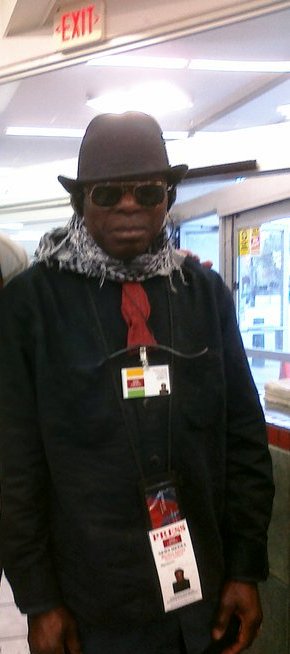
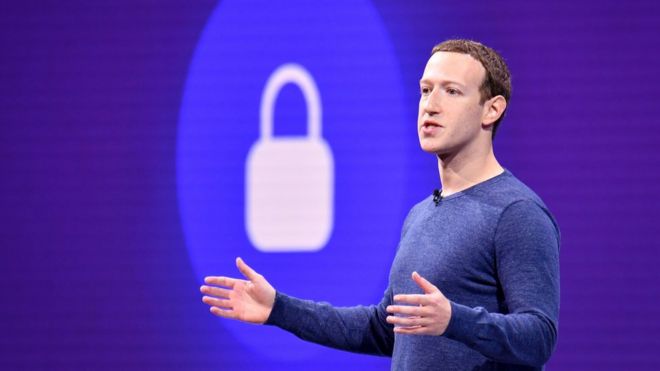



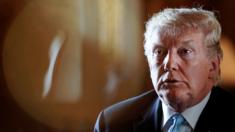


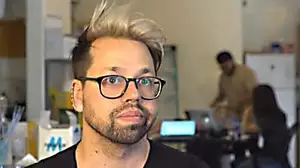

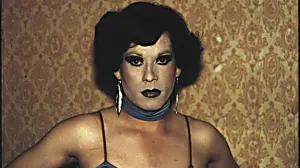
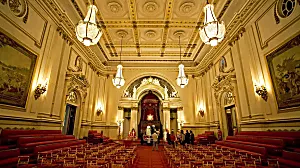



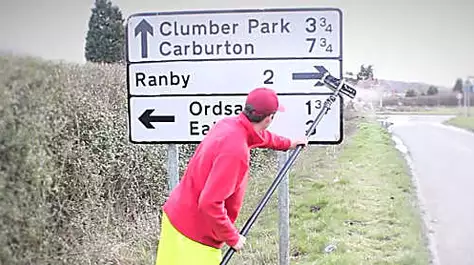




![[Photos] This Is Why You Don't Play With Animals In Australia [Photos] This Is Why You Don't Play With Animals In Australia](https://images.outbrainimg.com/transform/v3/eyJpdSI6IjlkYTU2NzhkN2M5MzhlM2ExYTZiOGQwOTk0NzE0Mzk3YWE4NzUxM2E0NmYxZTgwMzdjNjNkYmVmNGIwZDljMTUiLCJ3IjoxNjAsImgiOjkwLCJkIjoxLjUsImNzIjowLCJmIjo0fQ.webp)
![[Gallery] US Presidents Highest Ranked IQ. Guess Who`s No 1 [Gallery] US Presidents Highest Ranked IQ. Guess Who`s No 1](https://images.outbrainimg.com/transform/v3/eyJpdSI6IjAxODE1NDIyMjZjZjk3ODlhZDAzOWI0MzQwMWU1NjMwZGU1NGNiMDZjMWQ4ODA4ZjIxNmUyMzgzYWEwYWNlYmIiLCJ3IjoxNjAsImgiOjkwLCJkIjoxLjUsImNzIjowLCJmIjo0fQ.webp)